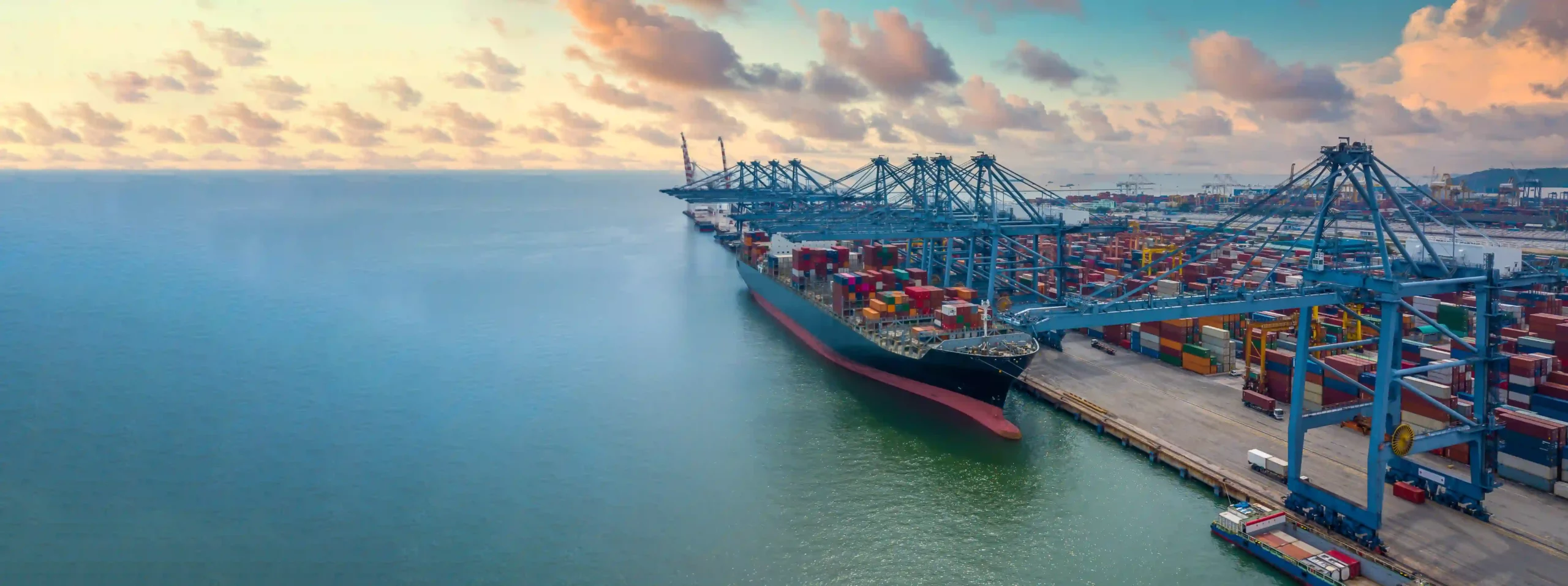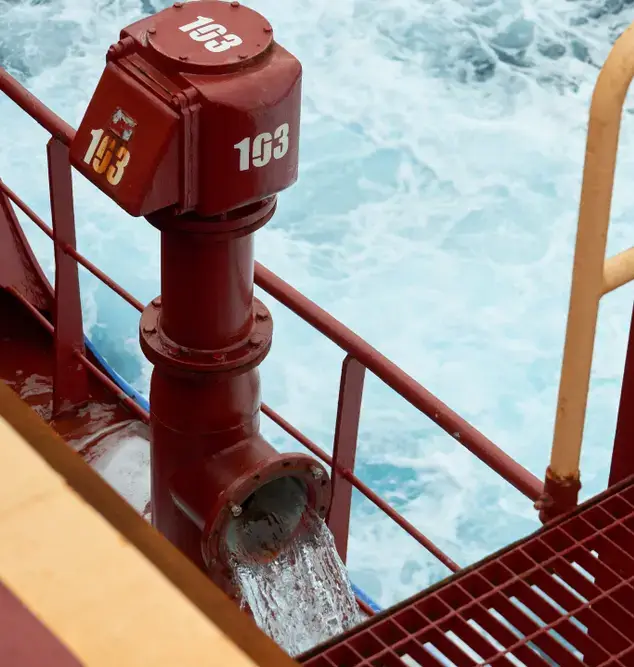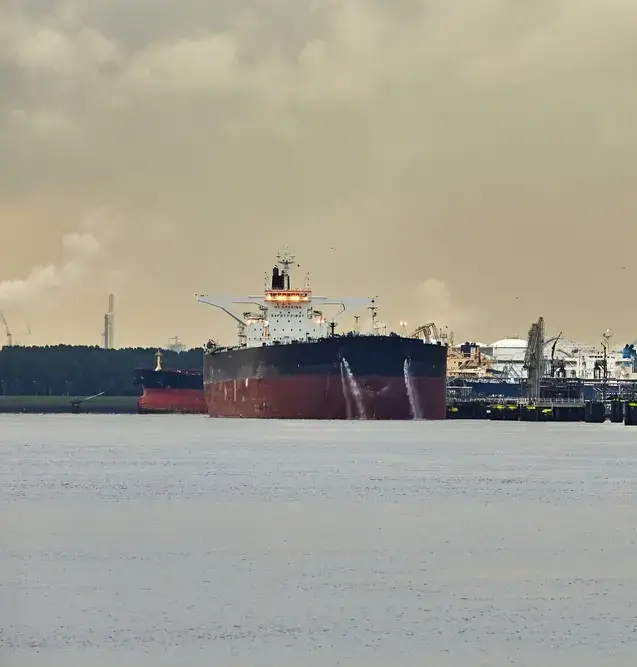
All vessels must meet the D2 standard by 8 September 2024.
Mr Marine Ballast, a part of Mr Marine, fully complies with the International Maritime Organization’s (IMO) International Convention for the Control and Management of Ships’ Ballast Water and Sediments (BWM), including the ballast water exchange standard and the ballast water performance standard. Both IMO and American authorities require that all ballast water must be properly treated to remove harmful organisms before discharge, in accordance with the BWM Convention.
These rules, which entered into force in September 2017 (d-1), were created to protect aquatic life from the spread of harmful organisms from one region to another. The rules outline strict standards and procedures that companies must comply with, in order to manage their ballast water and the organisms therein.
Mr. Marine Ballast conducts all testing of Ballast Water Management Systems (BWMS) in accordance with the BWMS Code, and performs it under the supervision of a national administration. The survey (MEPC) of BWTS approved by USCG (United States Coast Guard) ensures compliance with the regulatory requirements.
Vessel owners and operators bear the responsibility of preventing bio-invasion resulting from ballast water. This crucial requirement is guided and enforced by the International Maritime Organization (IMO). In 2004, the IMO adopted the Ballast Water Management Convention, officially known as the International Convention for the Control and Management of Ships’ Ballast Water and Sediments (BWM Convention). The primary objective of this convention is to combat the spread of invasive alien species and pathogens by mandating that vessels effectively remove or neutralize any water-borne organisms and pathogens present in ballast water before its release elsewhere.
The BWM Convention serves as a vital tool in protecting marine ecosystems and reducing the ecological risks associated with ballast water discharge. It emphasises the need for vessels to employ approved Ballast Water Management Systems (BWMS) or alternative measures to achieve compliance with the convention’s standards.
By implementing the convention’s requirements, vessel owners and operators contribute to safeguarding the marine environment and maintaining the ecological balance. The BWM Convention plays a pivotal role in promoting sustainable shipping practices and minimising the adverse impacts of ballast water discharge on global ecosystems.


D-1 and D-2 are two phases of the Ballast Water Management Convention (BWM Convention) established by the International Maritime Organization (IMO) to regulate the treatment and discharge of ballast water by ships.
Both D-1 and D-2 aim to minimize the ecological impact of ballast water discharge and reduce the introduction of invasive species.
Compliance with these phases of the BWM Convention is crucial for promoting sustainable shipping practices and preserving the health of marine environments worldwide.
Regulation D-2 of the IMO’s latest, revised G8 standard requires ships to comply with the following:
The requirements for the calibration of the BWMS components that take measurements are set by EPA and IMO. Below you can find an overview of these requirements:
According to the United States Environmental Protection Agency (EPA) Final 2013 VGP (2.2.3.5.1.1.3), “at a minimum all applicable sensors and other equipment must be calibrated annually. Additionally, all applicable sensors and other control equipment must be calibrated no less frequently than recommended by the sensor or other equipment manufacturer, or by the ballast water treatment system manufacturer […] ”. A higher frequency in calibration is expected for many sensor types, like TRO sensors. During the time when the sensors are not installed or they are not functional, the vessel is not allowed to discharge the ballast water.
The International Maritime Organization (IMO) BWM.2/Circ.66/Rev.4 also reads that “facilities shall be provided for checking, at the renewal surveys and according to the manufacturer’s instructions, the performance of the BWMS components that take measurements.”
The convention entered into force globally on 8 September 2017 (d-1). Since then, vessels sailing in international waters are required to manage their ballast water and sediments according to the standard prescribed by a ballast water management plan. Such a plan must be drawn up specifically for each vessel and include contingency measures in case of non-compliance.
If you’re sailing in international traffic, your ship needs to have the following on board, according to the IMO’s website:
To help ship owners and operators become and remain compliant with the IMO and EPA regulations, Mr. Marine Ballast provides servicing and also upgrades for ballast water treatment systems made by leading manufacturers. The company offers comprehensive solutions for BWTS and can assist with the calibration, installation, maintenance, and compliance of these systems.
Contact our team today for your next service. We are swift and accessible, due to our 24/7 local presence in over 350 global ports.
You can also find and submit your service request to Mr. Marine Ballast on:
ShipServ: TN-311092 – Mr. Marine Ballast
Our team is at your disposal 24/7, 365 days a year.
This site is protected by reCAPTCHA and the Google Privacy Policy and Terms of Service apply.